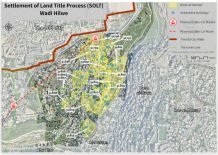
The State of Israel’s recent effort to register ownership of land in East Jerusalem is the most serious threat facing Palestinian residents, with the potential for mass displacement and dispossession. To read the full document, click here.
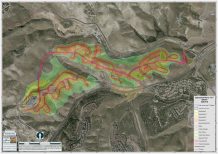
In February of 2020, Bimkom submitted objections to the Israeli Civil Administration against two detailed plans that aim to establish a new settlement in the area known as E1. The objection stated that it is a new independent settlement without any physical and functional connection and its aim is to connect Ma’ale Adumim to Jerusalem. Bimkom claimed that, since it will demand a forcible transfer of three Bedouin communities, approving the plan is a war … read more
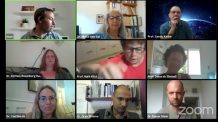
Bimkom staff member Amal Zoabi spoke in a conference of the Minerva Center “Twenty Five Years since Oslo: Contemporary Forms of Governance, Control and Resistance in Israel and Palestine”.She addressed the issue of Israeli strategies for limiting Palestinian development in Area C. Her part in the conference begins at 1.01:30. The conference took place in July … read more
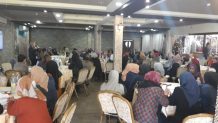
Bimkom – Planners for Planning Rights held a women’s conference titled “Development is a Condition for Continued Existence.” Bimkom organized this conference in response to the desire of the Bedouin communities we partner with in the West Bank and the Negev, and in collaboration with the women within those communities who chose this topic.
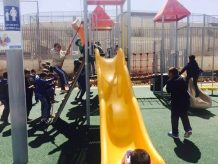
In the Palestinian neighborhoods of East Jerusalem, there is a severe shortage of public parks, as well as other public infrastructure and services. The Israeli authorities have built under 20 playgrounds in these neighborhoods, even though they are home to some 400,000 Palestinians (39% of the city’s population according to municipal data from the end … read more
At the end of August 2018, outline plan 101-0292870 regarding urban nature in Jerusalem was deposited for public review. The goal of the plan was to protect open spaces on nature sites throughout the city. The plan designated 151 polygon sites that included, in addition to specific nature sites within existing neighborhoods of the city, … read more
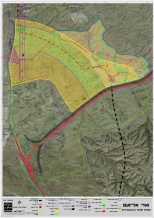
The village of Wadi el-Na’am, which is part of the Ramat Hovav Regional Council, was founded in the 1950s when Bedouin residents of the Negev were transferred there by the Israeli military. Since then, the locality has been considered “temporary,” and is not connected to water, electricity, sewage, telecommunication, or road network infrastructure, and its … read more
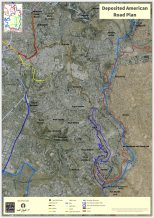
The American Road was planned and underwent its first steps of implementation in the mid-1960s by an American company that was hired by the Jordanian government–that’s where it gets its name. The objective of the road was to connect the villages southeast of Jerusalem on the outskirts of Wadi an-Nar (Nachal Kadron), providing an alternate … read more
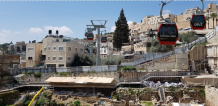
In February 2019, the National Infrastructure Commission released Plan #86 to the public. The plan proposes constructing a cable car from the First Station in West Jerusalem, over the Valley of Hinnon, to Mount Zion and onward to the “City of David” in East Jerusalem. The cable car is planned to pass directly above the roofs of the houses in Wadi Hilwa, Silwan, and the foundations of the massive pilons supporting the cable car are planned to be built directly below the foundations of existing houses. For these reasons and more, Bimkom, along with a number of residents of Wadi Hilwa, filed an objection to this plan.
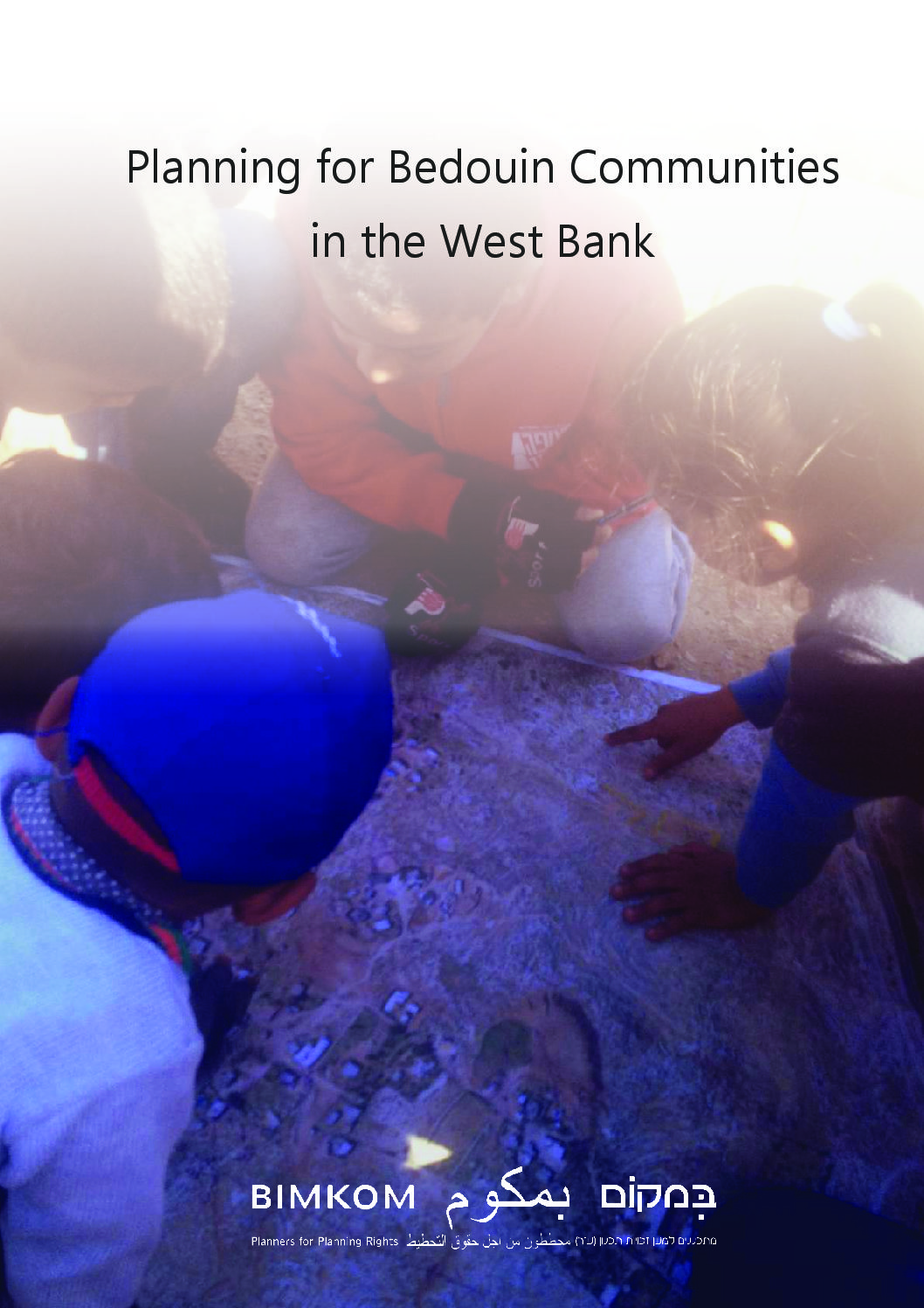
In Area C of the West Bank, spatial planning is controlled by the Civil Administration (CA). Until now, the CA has at best ignored the Bedouin communities, and at worst has adopted planning practices such as forced evictions or strictly limited zoning of areas for construction. In either case, most of the communities have not … read more









